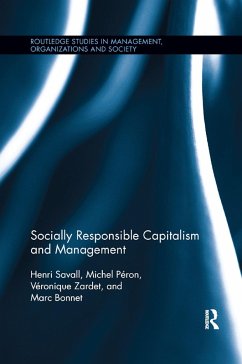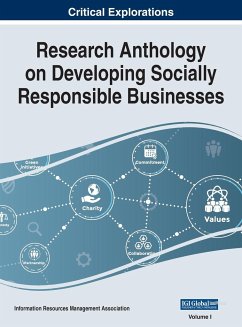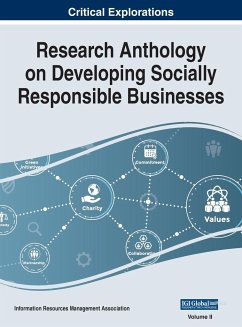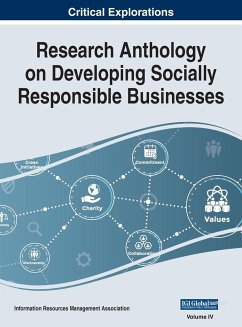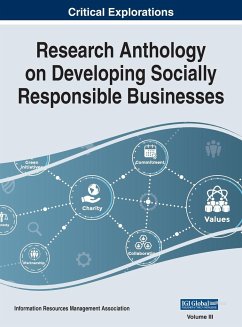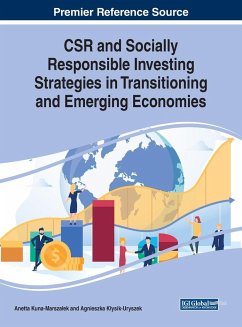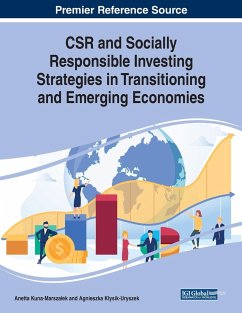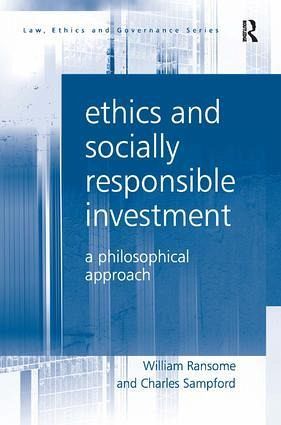
Ethics and Socially Responsible Investment
A Philosophical Approach
Versandkostenfrei!
Versandfertig in 1-2 Wochen
177,99 €
inkl. MwSt.
Weitere Ausgaben:

PAYBACK Punkte
89 °P sammeln!
This volume breaks new ground by approaching Socially Responsible Investment (SRI) as an explicitly ethical practice in financial markets. The work explains the philosophical and practical shortcomings of 'long term shareholder value' and the origins and conceptual structure of SRI, and links its pursuit to both its deeper philosophical foundations and the broader, multi-dimensional global movement towards greater social responsibility in global markets. Interviews with fund managers in the Australian SRI sector generate recommendations for better integrating ethics into SRI practice via ethic...
This volume breaks new ground by approaching Socially Responsible Investment (SRI) as an explicitly ethical practice in financial markets. The work explains the philosophical and practical shortcomings of 'long term shareholder value' and the origins and conceptual structure of SRI, and links its pursuit to both its deeper philosophical foundations and the broader, multi-dimensional global movement towards greater social responsibility in global markets. Interviews with fund managers in the Australian SRI sector generate recommendations for better integrating ethics into SRI practice via ethically informed engagement with invested companies, and an in-depth discussion of the central practical SRI issue of fiduciary responsibility strengthens the case in favour of SRI. The practical and ethical theoretical perspectives are then brought together to sketch out an achievable ideal for SRI worldwide, in which those who are involved in investment and business decisions become part of an 'ethical chain' of decision makers linking the ultimate owners of capital with the business executives who frame, advocate and implement business strategies. In between there are investment advisors, fund managers, business analysts and boards. The problem lies in the fact that the ultimate owners are discouraged from considering their own values, or even their own long term interests, whilst the others often look only to short term interests. The solution lies in the latter recognising themselves as links in the ethical chain.




